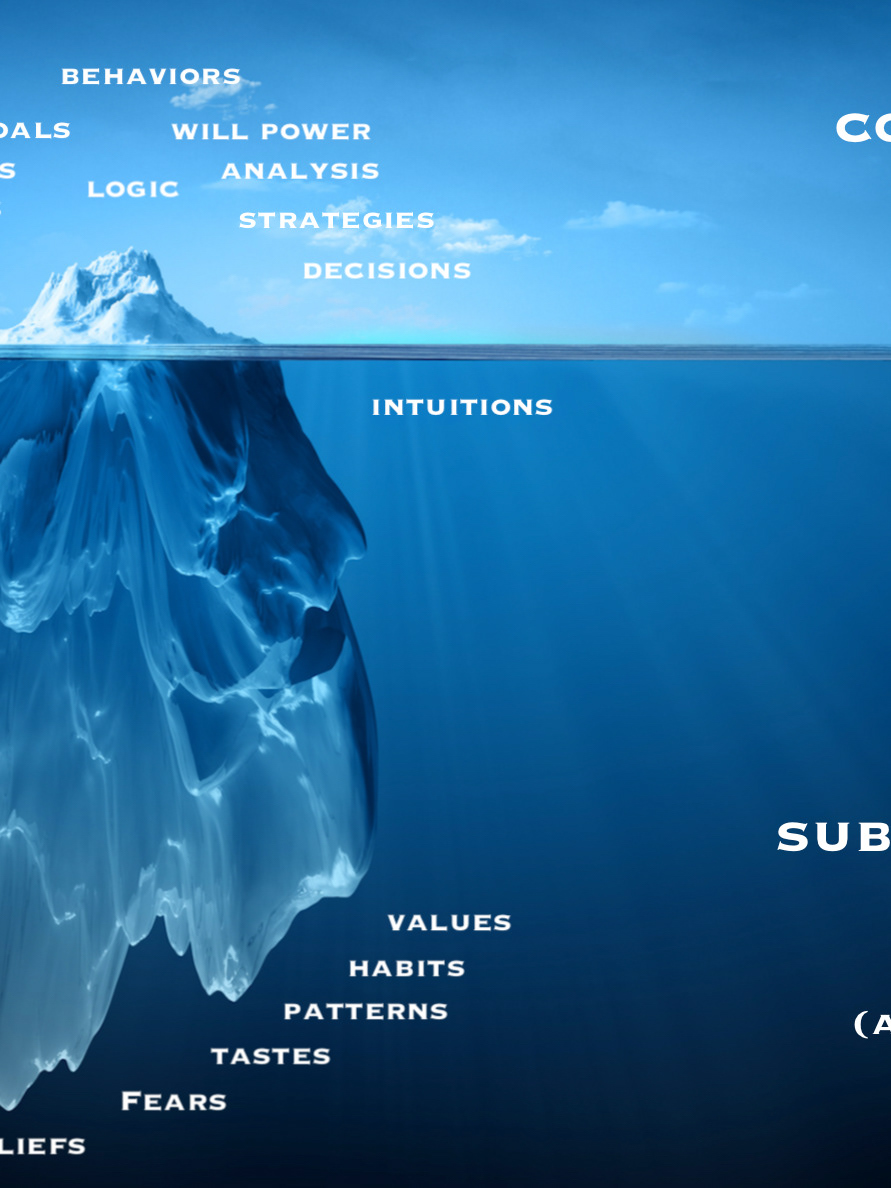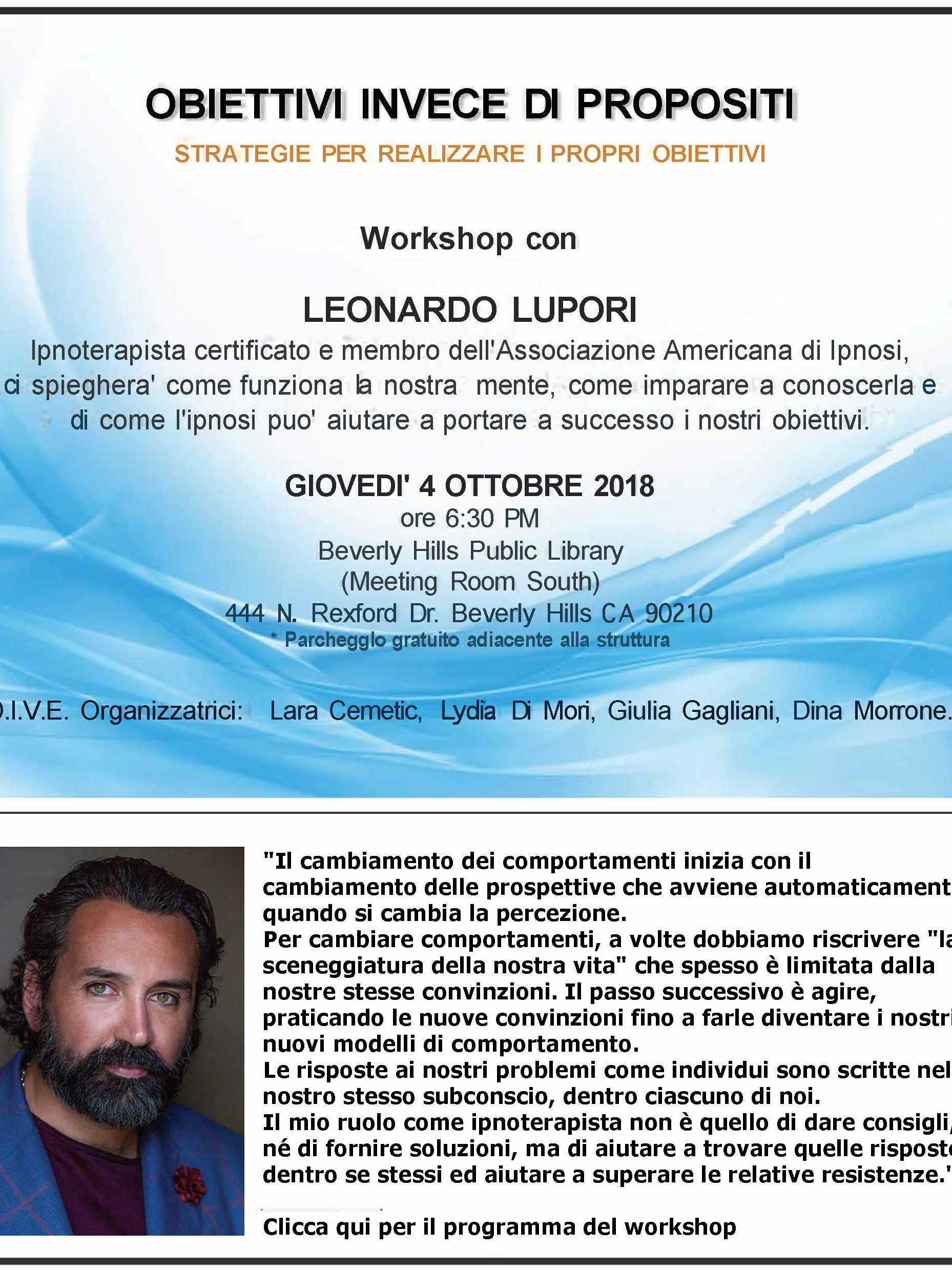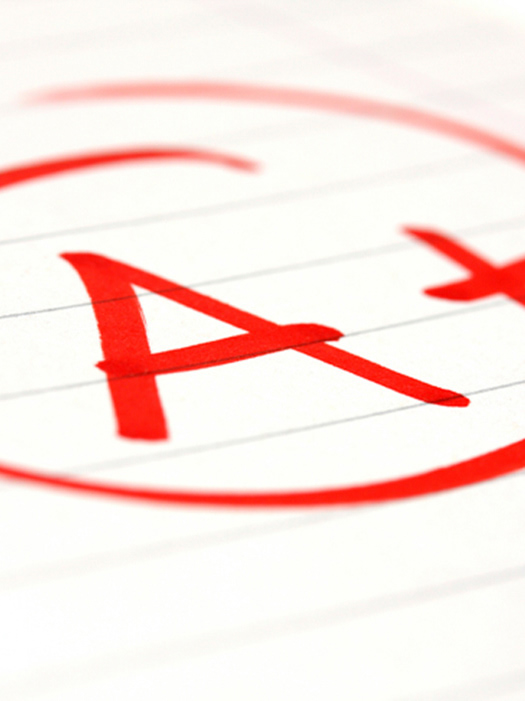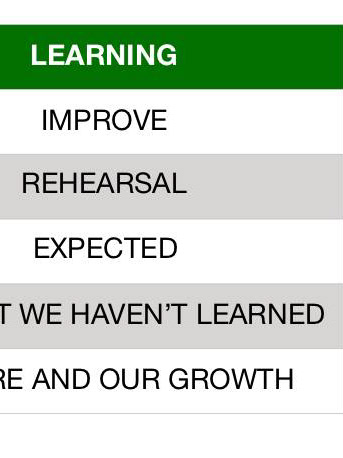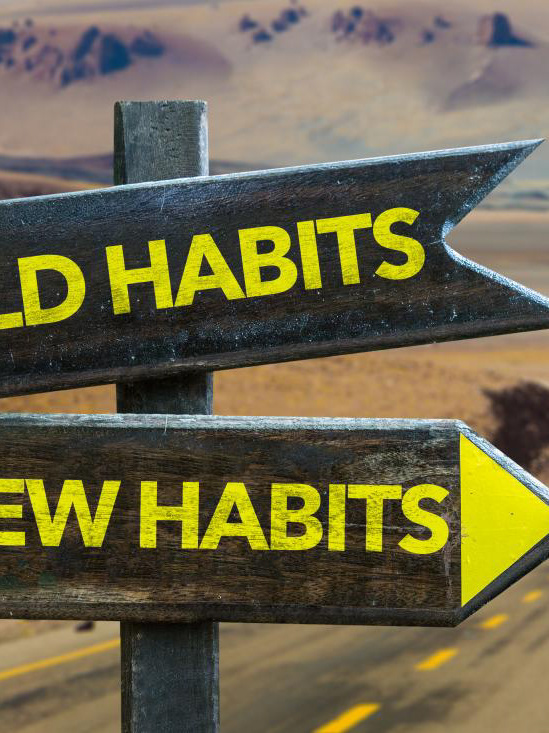Be able to make decisions, right and wrong decisions, take initiatives, plans, makeup games, and to initiate activities with others. Why is all this important?
PSYCHOSOCIAL DEVELOPMENT
Erikson's theory of psychosocial development describes a series of eight stages that take place throughout life. During each stage, the person experiences a psychosocial crisis, which could have a positive or negative outcome for personality development. For Erikson (1963), these crises are of a psychosocial nature because they involve the psychological needs of the individual (i.e. psycho) conflicting with the needs of society (i.e. social).
INADEQUACY AND SELF-DOUBT VS SECURE AND CONFIDENT
The second stage of development, autonomy versus shame and doubt, builds upon that earlier stage and lays the foundation for the future stages to come. The next stage is initiative versus guilt.
2nd stage - Kids in this stage of development often feel the need to do things independently, such as picking out what they will wear each day, putting on their own clothes, and deciding what they will eat. While this can often be frustrating for parents and caregivers, it is an important part of developing a sense of self-control and personal autonomy. Children who successfully complete this stage feel secure and confident, while those who do not are left with a sense of inadequacy and self-doubt.
Psychosocial Conflict: Autonomy versus shame and doubt
Major Question: "Can I do things myself or am I reliant on the help of others?"
Basic Virtue: Will
Major Question: "Can I do things myself or am I reliant on the help of others?"
Basic Virtue: Will
INITIATIVE VS GUILT
3rd stage - During the initiative versus guilt stage, children assert themselves more frequently.
These are particularly lively, rapid-developing years in a child’s life. According to Bee (1992), it is a “time of vigor of action and of behaviors that the parents may see as aggressive”.
These are particularly lively, rapid-developing years in a child’s life. According to Bee (1992), it is a “time of vigor of action and of behaviors that the parents may see as aggressive”.
Central to this stage play, as it provides children with the opportunity to explore their interpersonal skills through initiating activities.
Conversely, if this tendency is squelched, either through criticism or control, children develop a sense of guilt. They may feel like a nuisance to others and will, therefore, remain followers, lacking in self-initiative.
The child takes initiatives, which the parents will often try to stop to protect the child. The child will often overstep the mark in his forcefulness, and the danger is that the parents will tend to punish the child and restrict his initiatives too much. It is at this stage that the child will begin to ask many questions as for his thirst for knowledge grows. If the parents treat the child’s questions as trivial, a nuisance, embarrassing or other aspects of their behavior as threatening, then the child may have feelings of guilt for “being a nuisance”.
Too much guilt can make the child slow to interact with others and may inhibit their creativity. Some guilt is, of course, necessary; otherwise, the child would not know how to exercise self-control or have a conscience.
Success in this stage leads to a sense of purpose, while failure results in the sense of guilt. What does Erikson mean by guilt? Essentially, kids who fail to develop a sense of initiative at this stage may emerge with a fear of trying new things. When they do direct their efforts toward something, they may feel that they are doing something wrong. While mistakes are inevitable in life, kids with initiative will understand that mistakes happen, and they just need to try again. Children who experience guilt will instead interpret mistakes as a sign of personal failure and may be left with a sense that they are "bad."
Psychosocial Conflict: Initiative versus Guilt
Major Question: “Am I good or bad?”
Basic Virtue: Purpose
Major Question: “Am I good or bad?”
Basic Virtue: Purpose
No parents allowed: Inside New York City’s riskiest playground - NBC News
https://apple.news/AkRJ3Nno1QKC9VIseMrEFnA
https://apple.news/AkRJ3Nno1QKC9VIseMrEFnA


